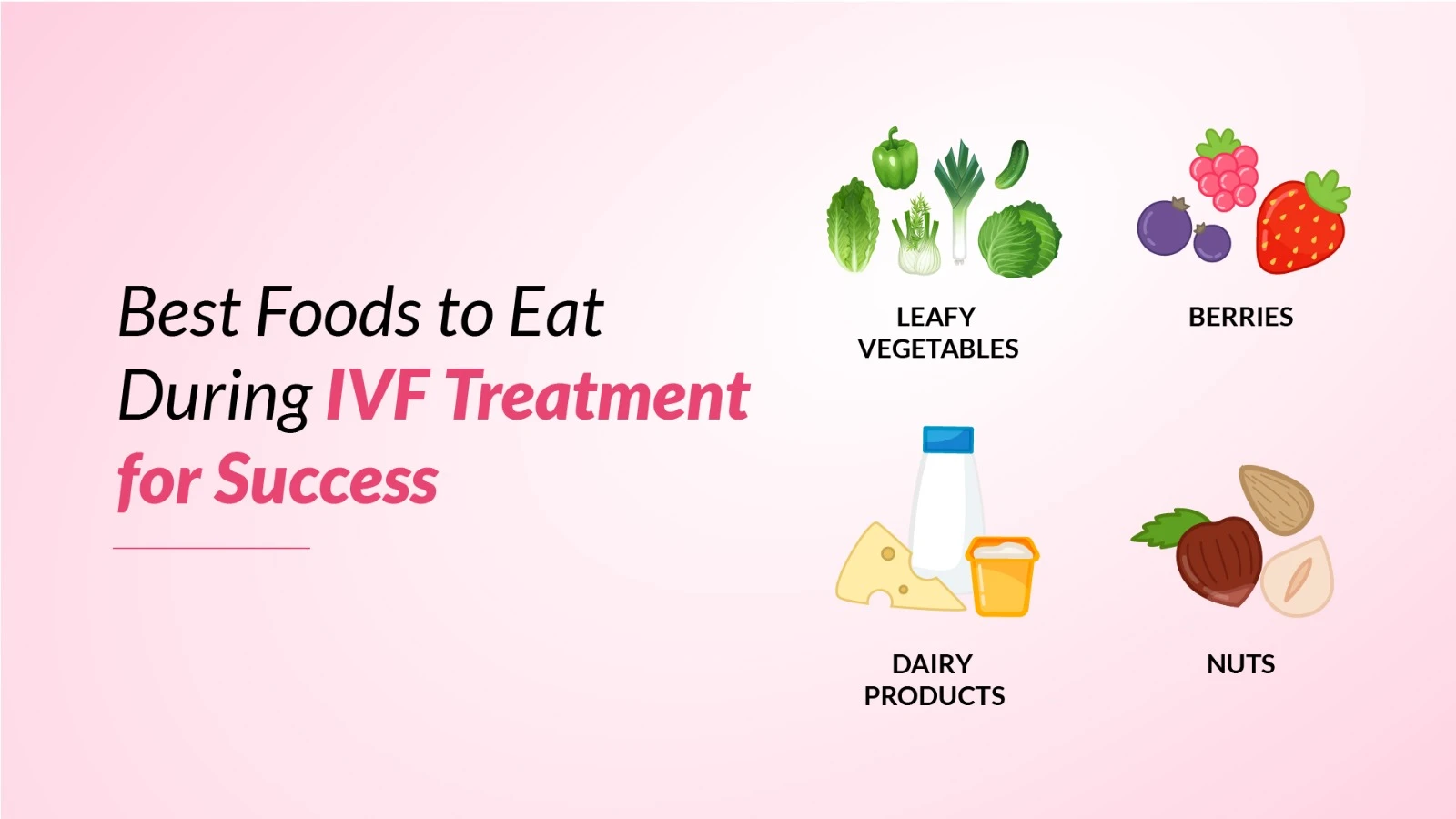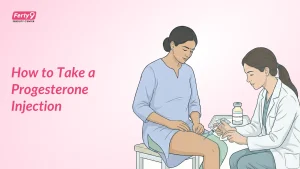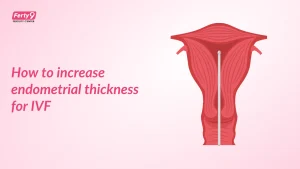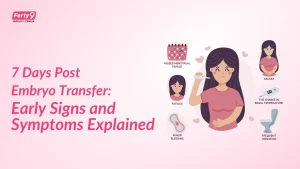Proper nutrition has an elementary role in fertility treatment outcomes. While IVF success depends on various factors, research shows that diet may influence treatment results. Making the right food choices during IVF treatment can help create a favourable environment for conception.
This guide explores the best foods to include in an IVF stimulation diet, along with practical tips for incorporating them into daily meals.
Find Hope and Solutions for Female Infertility and Male Infertility — Explore Our Comprehensive Services
IUI Treatment
ICSI Treatment
PICSI Treatment
Fertility Preservation Service
Blastocyst Culture & Transfer Treatment
Genetic Screening & Testing
The Power of Food for Optimal IVF Outcomes
Nutrition directly impacts hormonal balance, a key factor in fertility treatment success. The body requires specific nutrients to produce and regulate reproductive hormones effectively. Essential nutrients play distinct roles in reproductive health:
- Vitamin D and zinc regulate hormonal levels
- Omega-3 fatty acids may improve egg quality
- Iron supports healthy endometrial lining
- Folic acid aids in cell development
Oxidative stress poses another challenge to reproductive health, potentially affecting both egg and sperm quality. Antioxidant-rich foods combat this stress, supporting the development of healthy reproductive cells. This protection is particularly vital during the intense hormonal stimulation of IVF treatment.
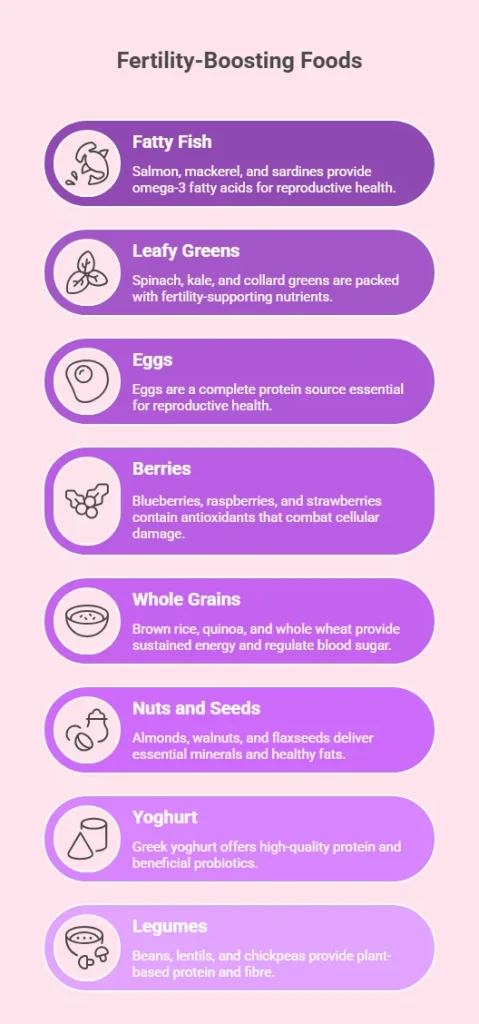
Best Foods for IVF Success
Selecting the right foods during IVF journey may enhance treatment outcomes. Research has identified specific food groups that provide essential nutrients for reproductive health and embryo development.
Fatty Fish
Salmon, mackerel, and sardines provide essential omega-3 fatty acids that support reproductive health. These fatty acids are necessary for promoting egg development and healthy hormone levels. Studies show that omega-3s may enhance blood flow to the uterus, potentially improving implantation rates during IVF.
Leafy Green Vegetables
Spinach, kale, and collard greens serve as powerhouses of fertility-supporting nutrients. These vegetables contain high levels of:
- Folic acid for preventing birth defects
- Iron for healthy oxygen transport
- Calcium for proper cell development
- Vitamin C has antioxidant properties
Eggs
Eggs provide a complete protein source essential for reproductive health. They contain choline, crucial for foetal brain development, and Vitamin D, which helps regulate hormones affecting egg development.
Berries
Blueberries, raspberries & strawberries contain powerful antioxidants that combat cellular damage. These fruits support reproductive health by protecting eggs from oxidative stress and improving overall fertility outcomes.
Whole Grains
Brown rice, quinoa, and whole wheat provide sustained energy and help regulate blood sugar levels.
Nuts and Seeds
Almonds, walnuts, and flaxseeds deliver essential minerals and healthy fats. They contain selenium, which helps prevent chromosomal damage in eggs, and vitamin E for improved reproductive health.
Yoghurt
Greek yoghurt offers high-quality protein and beneficial probiotics. These nutrients support cell growth and repair while maintaining a healthy gut microbiome, which may influence fertility outcomes.
Legumes
Beans, lentils, and chickpeas provide plant-based protein and fibre. These foods help regulate blood sugar and hormones while delivering essential nutrients for reproductive health.
Foods to Avoid After IVF Transfer
After embryo transfer, dietary choices become even more critical for IVF success. The body undergoes hormonal changes during this period, making it essential to avoid certain foods that could potentially impact implantation and early pregnancy.
Processed foods pose a particular risk during this sensitive phase. These items contain high levels of sodium, unhealthy fats & added sugars that can contribute to inflammation. Patients should avoid packaged snacks, ready meals, and processed meats to maintain optimal conditions for implantation.
Caffeine consumption requires careful monitoring after embryo transfer. Moderate amounts (less than 200 mg daily) are generally considered safe.
Several common food items require particular attention during this period:
- Unpasteurised dairy products (soft cheeses, raw milk)
- Raw or undercooked meats and seafood
- High-mercury fish (shark, swordfish, king mackerel)
- Raw sprouts and unwashed produce
- Refined grain products (white bread, pasta)
- Full-fat dairy products
- Soy-based foods
Carbonated beverages and foods that may cause digestive discomfort should also be limited. These items can lead to bloating and acid reflux, potentially causing unnecessary discomfort during this crucial period.
Additional Tips for IVF Success
Success in IVF treatment extends beyond dietary choices to encompass various lifestyle factors that can significantly influence treatment outcomes.
Adequate Sleep:
Sleep quality may impact IVF success. Individuals who maintain consistent sleep patterns of 7-8 hours per night may experience higher pregnancy rates. The optimal bedtime falls between 10 p.m. and 11 p.m. when melatonin levels naturally peak. To optimise sleep quality, consider these essential practices:
- Maintain optimal room temperature
- Avoid caffeine 4-6 hours before bedtime
- Stop eating 2-3 hours before sleep
- Practise gentle stretches before bed
- Limit screen exposure to 30 minutes before sleeping
Additional Supplements:
Proper supplementation plays a vital role in supporting IVF treatment. Essential supplements that may benefit fertility include:
- Prenatal vitamins with folic acid
- Vitamin D (if levels are low)
- Fish oil for embryonic development
- B-complex vitamins
- Antioxidant supplements
Exercise:
Physical activity requires careful consideration during IVF treatment. Light to moderate exercise for 30-40 minutes daily, 4-5 times weekly, can improve treatment outcomes. Suitable activities include walking, swimming, or gentle yoga. However, avoiding high-intensity workouts is crucial during treatment cycles.
Stress Management:
Stress management becomes particularly important during IVF treatment. Engaging in meditation, deep breathing exercises, gentle yoga, or other relaxing techniques can help maintain emotional balance. Professional counselling or support groups can provide additional emotional support during this challenging period.
Healthy Weight:
Weight management influences IVF success rates significantly. Doctors recommend achieving a healthy BMI before beginning treatment. This goal should be approached through balanced nutrition and appropriate exercise rather than restrictive dieting.
Partner involvement strengthens the IVF journey. Male partners can contribute to success by maintaining healthy habits, including proper sleep, nutrition, and stress management. They should avoid prolonged standing,excessive heat exposure to testicles and consider wearing appropriate underwear for optimal sperm health.They should be advised to quit smoking and limit the alcohol consumption to permissible levels.







